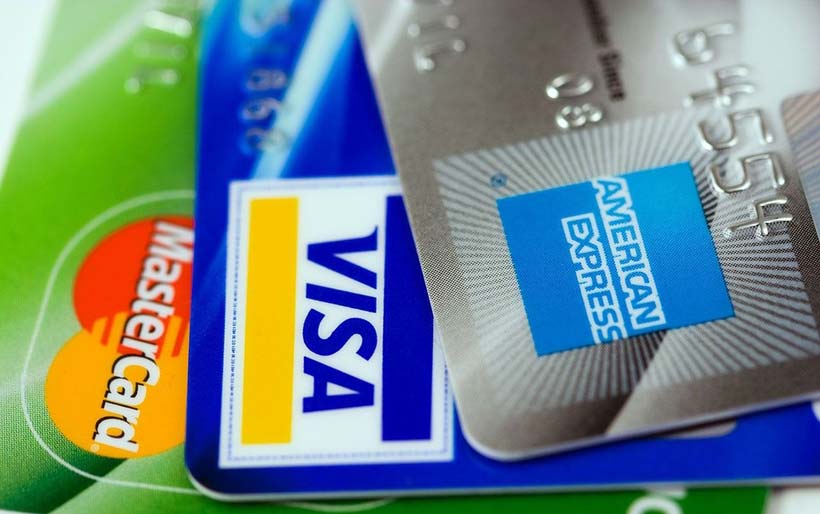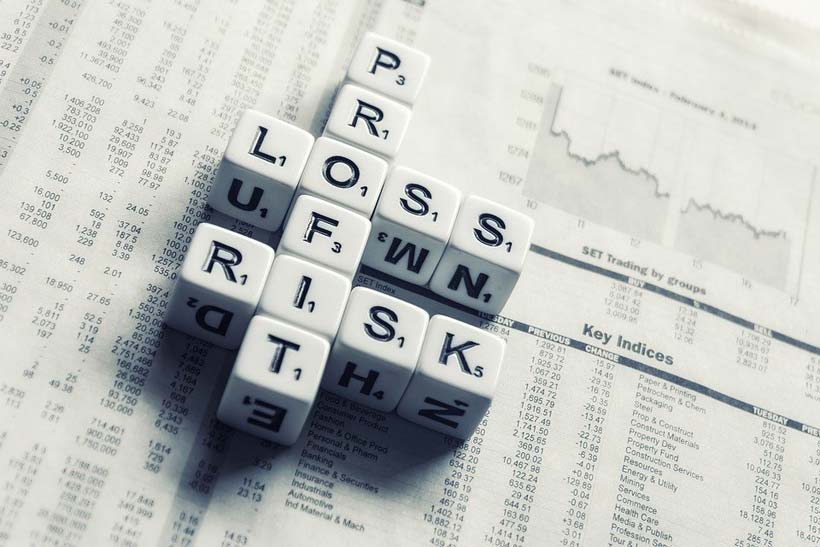It seems like the more you learn about money and finance, the more you realise how much you don’t know.
Finance is such a broad and dynamic topic that it’s almost impossible to know everything about it.
Not to mention the most basic fundamentals are often changing over time.
The best thing you can do is keep up with current events and law, stay open-minded, and actively question your assumptions.
That being said, everyone makes false assumptions regarding money.
Below are some of the most habitual misconceptions people have about money and how to avoid them.
Article Chapters
Investing Requires A Lot of Money
Many people are under the impression that they should only begin investing when they’re older and are making more money.
This can be a very costly mistake.
The longer you wait to begin investing, the longer you are missing out on compound interest that will work in your favor.

Tax Refunds Are Always Good
Everyone loves finding out that a tax refund is heading their way.
Although they might just sound like extra money in your pocket, refunds come from a few sources:
- Refundable Tax Credits, such as Child Tax Credit, Earned Income Tax Credit, or American Opportunity Tax Credit.
- Tax deductions that lower your taxable income. Some examples include: student loan interest, itemized deductions, and standard deductions.
- Excess Tax withholding from your paychecks.
If your tax refund is from the third source, Excess Tax withheld from your paychecks, it indicates that the government withheld too much from your pay.
This means you are giving the government an interest-free loan.
You are missing out on having that money in your pocket if you are having too much withheld from your pay cheque.
This can be dangerous for individuals who might be struggling financially.
For Americans who use their tax refund to pay off debts, receiving a big tax refund during tax time means they are paying more in interest throughout the year while they are waiting for their tax refund.
An Example of How This Works
Imagine that you have a $1,000 balance on a credit card that has a 25% interest rate and can only afford to make minimum payments every month.
So, you plan on using your tax refund to pay off your debt completely.
Though this may get rid of your debt, if you didn’t over-withhold taxes, you would have had more money throughout the year to pay off your debt.
This means you would have spent less money on interest while waiting for your tax refund to arrive.
It is definitely your personal preference if you want to adjust your withholding allowance to get a bigger pay cheque or a bigger tax refund.
Some might prefer getting more money in their pay cheque, while others might prefer a larger tax refund as a saving mechanism.
Either way, one important thing to consider is to see how new tax laws affect your tax situation.
Whether you prefer a larger pay cheque or tax refund, it is critical to adjust your withholding every year.

Investing is Risky
There have been several market crashes within the past few decades, namely the dot-com crash, 9/11 market crash, and the Great Recession.
Though these events might scare some people from investing their money, a market crash doesn’t always mean investing is bad.
Retirement accounts will tend to falter, but will recover and continue to grow over time.
Many people are under the impression that investing is similar to gambling in the sense that it’s all a matter of having inside knowledge.
Investing, fortunately, can be relatively simple and effective if you stick to proven methods.
A great way to invest and save for retirement is through index funds.
Index funds diversify your portfolio and minimize the chance you’ll lose your money.
They are also low-cost and offer solid returns.
Leave a 30% Balance on Your Credit Cards
Many people are under the impression that they need to hold a balance on their credit cards so they receive more rewards and build credit.
This is one of the most persistent credit fallacies!
Though it is true you need a balance when the statement closes, you can immediately pay off the entire amount once the statement closes.
This will not damage your credit.
If you pay off the card before the statement closes, then the credt provider will report your balance as $0.
The best way to set this up so you get the most benefits is to register automatic payments that process after the statement ends, but prior to your due date.
You can set up automatic payments for the full statement balance with withdrawal dates on or before your due date.

